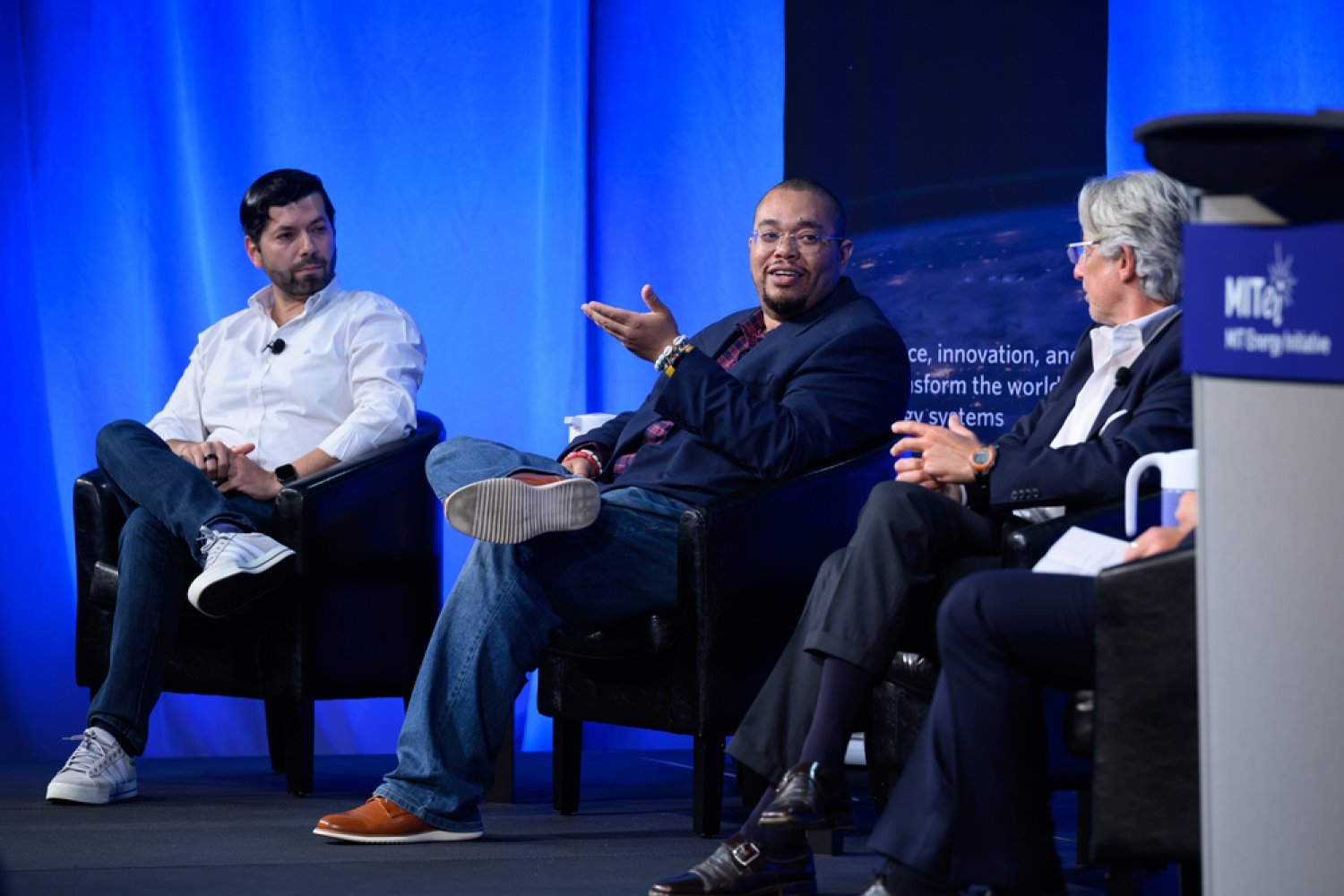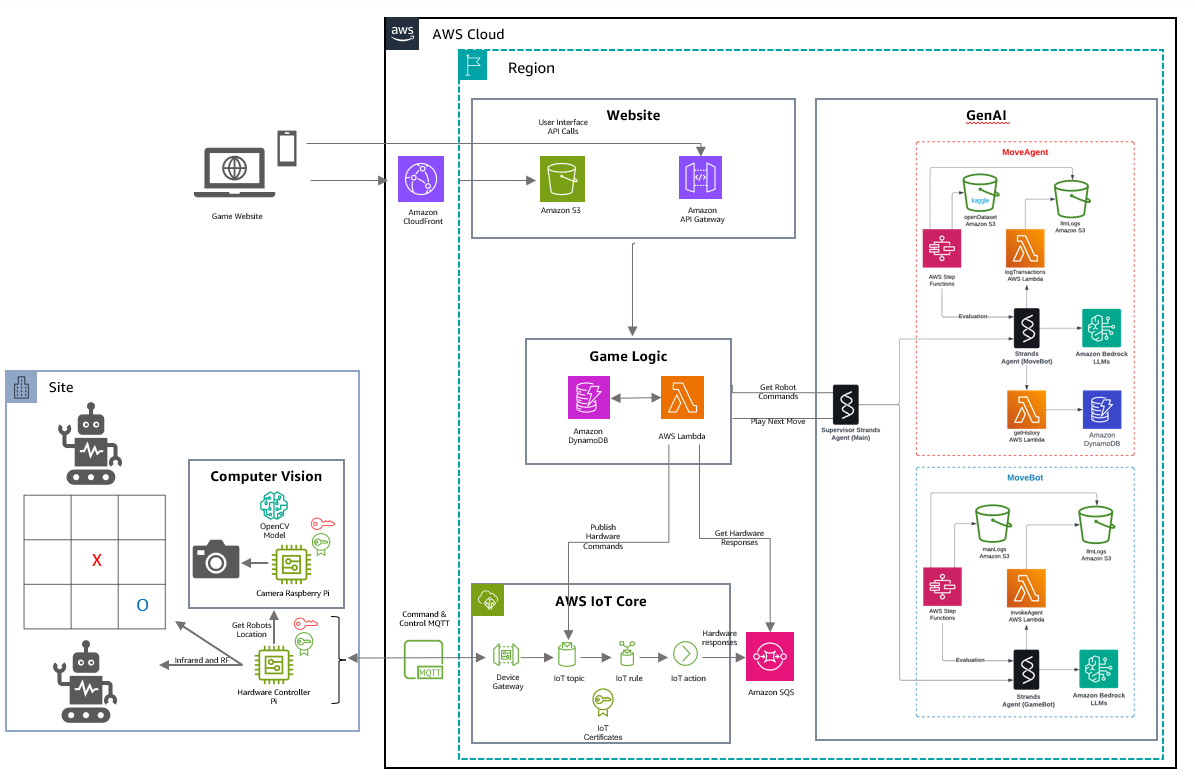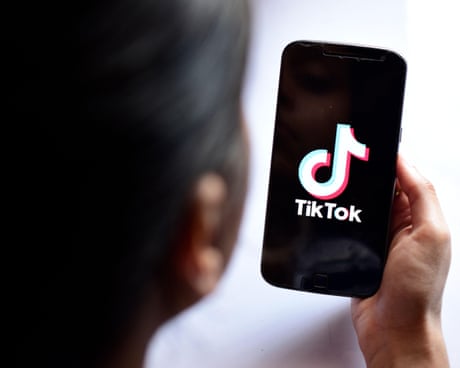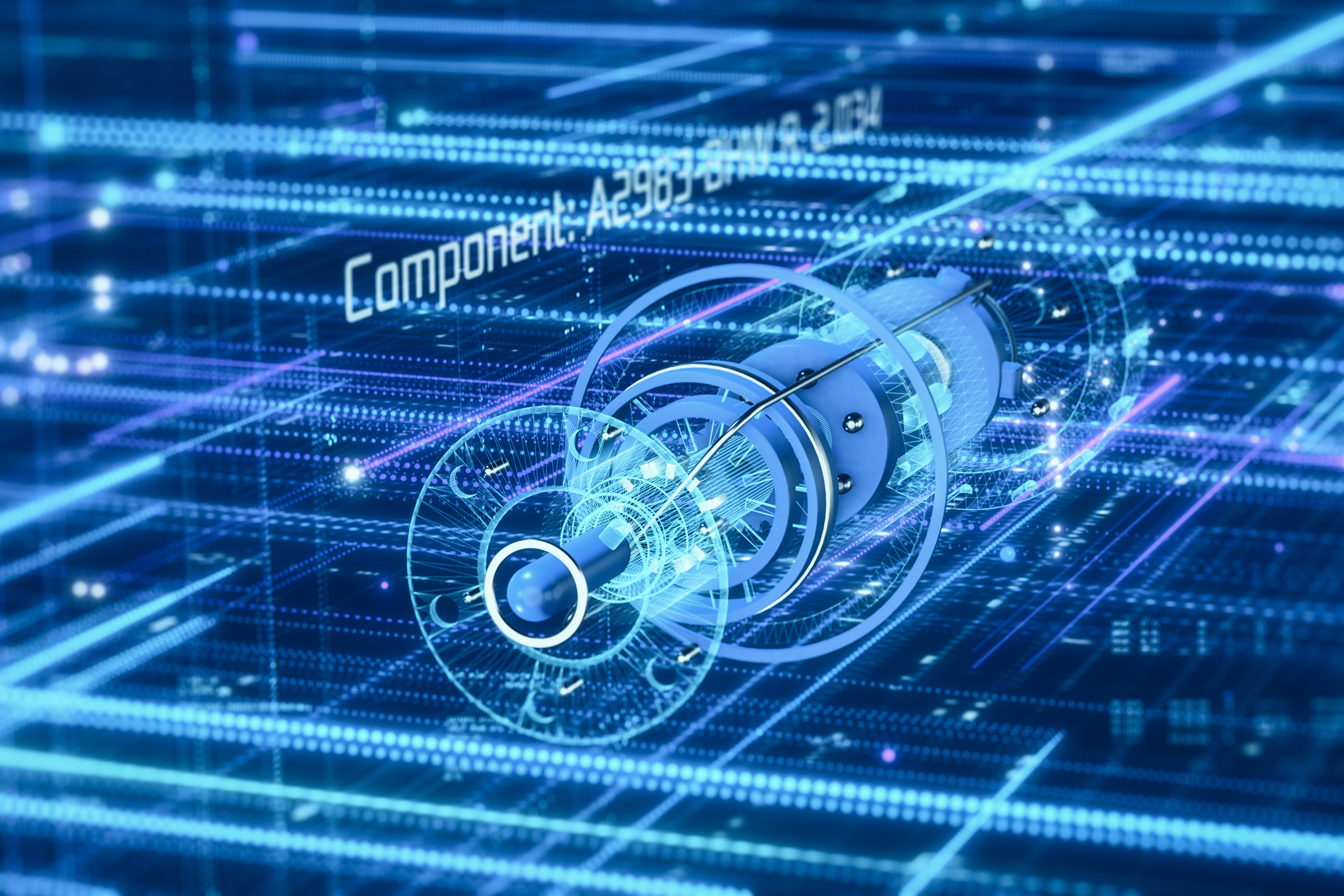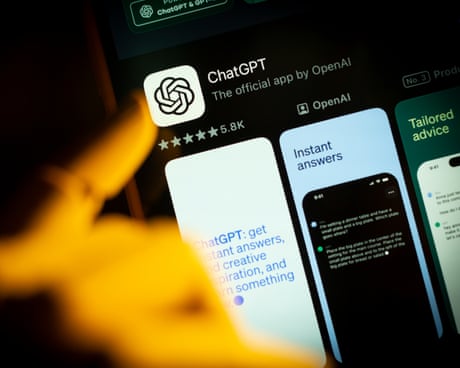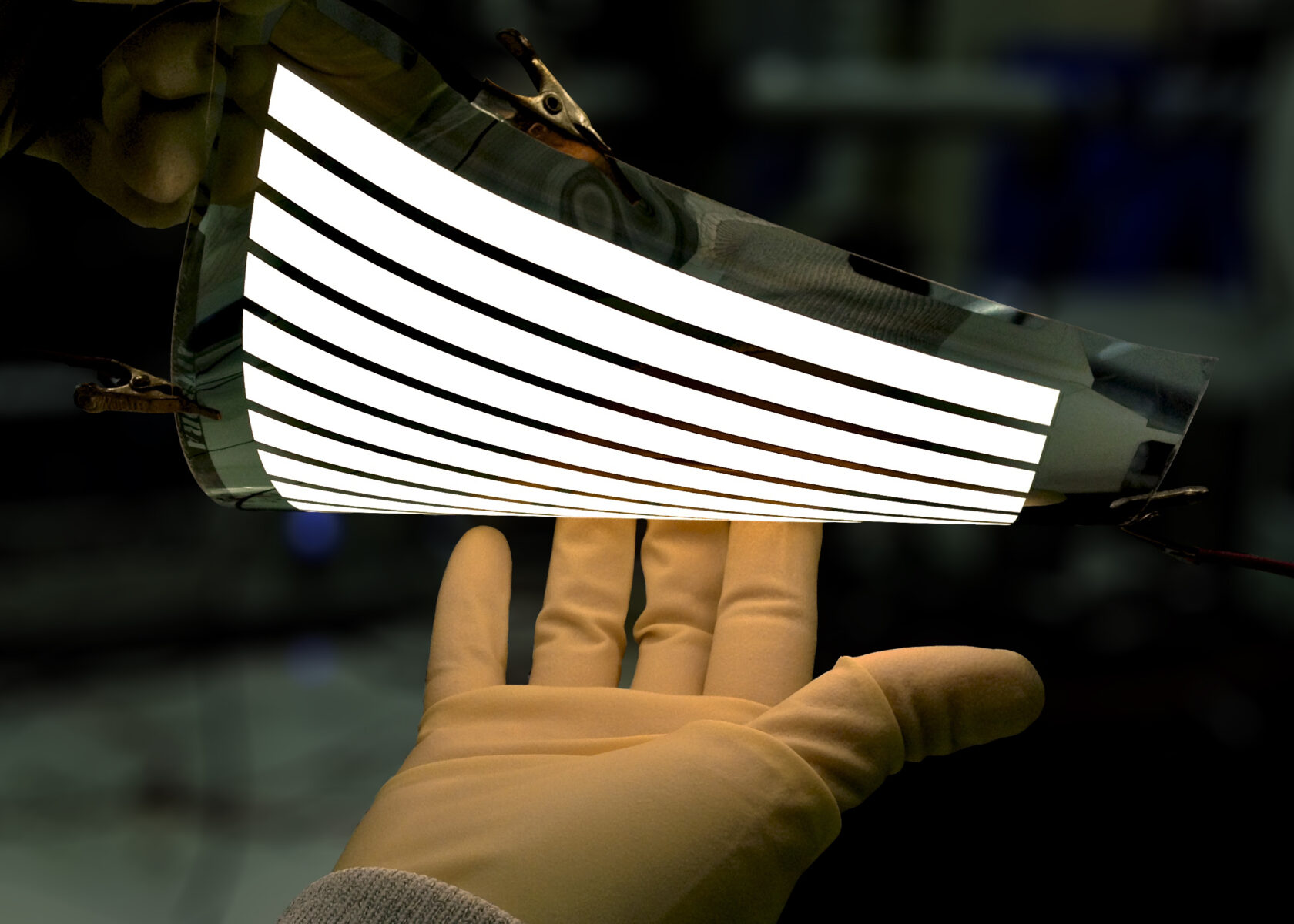AI-generated content flooding social media, leaving users like the author frustrated and longing for authenticity. The constant need to spot fake videos is becoming a burden, making users feel like unwanted AI detectives.
Sundar Pichai warns of AI errors, cautions against blind trust in models. Alphabet CEO emphasizes need for caution in using AI tools.
Desirée Plata and industry leaders stress the importance of partnerships in tackling emerging energy challenges at the MIT Energy Initiative conference. MITEI highlights grid resiliency as a key research priority to ensure a low-carbon energy future, emphasizing the need for innovation and collaboration in the face of climate-driven disruptions and policy uncertainties.
Amazon SageMaker HyperPod streamlines ML infrastructure for training foundation models. New features enhance control and security for large-scale ML deployments.
LLMs applied to physical robotics in RoboTic-Tac-Toe game at AWS re:Invent 2024, showcasing AI reasoning in real-time gameplay. Seamless AWS integration enables dynamic movement plans and game strategies without pre-programming.
TikTok to allow users to reduce AI videos on feeds, hosting over 1bn AI videos. Testing new feature before global rollout amid rise in AI content creation tools like OpenAI's Sora and Google's Veo 3.
Klarna boosts staff pay by 60% through AI savings, cuts workforce by half through attrition and tech investment. CEO hints at more job cuts as company shifts towards technology-driven operations.
Bitcoin price hits lowest level since April as $1tn is wiped off cryptocurrency market in 6 weeks amid tech bubble fears. Crypto market value falls by a quarter, tracking 18,500 coins, says CoinGecko.
Hollywood's long history of AI films is evolving with the upcoming release of Gore Verbinski's Good Luck, Have Fun, Don't Die. From Moon to Her, classic themes of AI anxiety persist in modern cinema.
MIT engineers are developing an AI model to simplify learning Computer-Aided Design (CAD) software, creating a new dataset called VideoCAD with over 41,000 examples. The AI system aims to serve as a "CAD co-pilot," assisting engineers in creating 3D models more easily and efficiently, presenting their work at the upcoming NeurIPS conference.
Elon Musk launches controversial encyclopedia to combat Wikipedia propaganda, but is criticized for promoting racist disinformation. Grokipedia sparks controversy by promoting white nationalist views and praising neo-Nazis, drawing scrutiny to Musk's AI-generated platform.
Two New Zealand authors' books disqualified from Ockham Book Awards for using AI in cover designs. Stephanie Johnson's Obligate Carnivore and Elizabeth Smither's Angel Train no longer eligible for NZ$65,000 prize.
ChatGPT and Copilot provide incorrect financial advice, including breaking investment limits and unnecessary insurance suggestions. Meta's AI gives inaccurate flight compensation information, according to a Which? study.
GenAI is replacing local wisdom, leading to a loss of traditional knowledge. A family's medical decision highlights the clash between Western medicine and traditional remedies.
Scientists are leveraging NVIDIA's AI microservices to advance chemistry and material science for industries like aerospace and energy. Brookhaven National Laboratory is using NVIDIA's Holoscan platform for nanoscale imaging, optimizing research efficiency and enabling real-time data processing.



